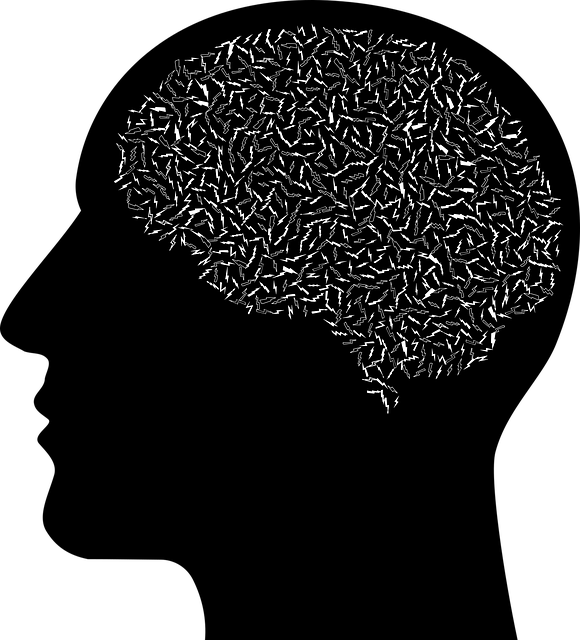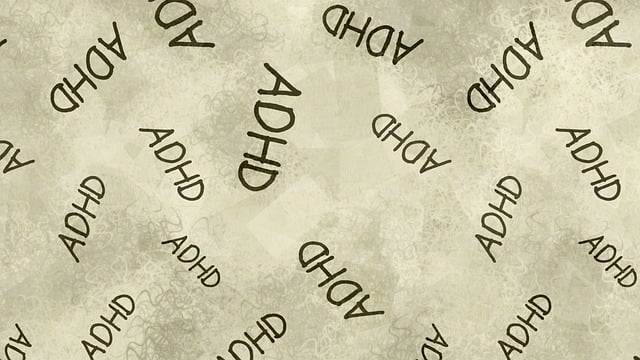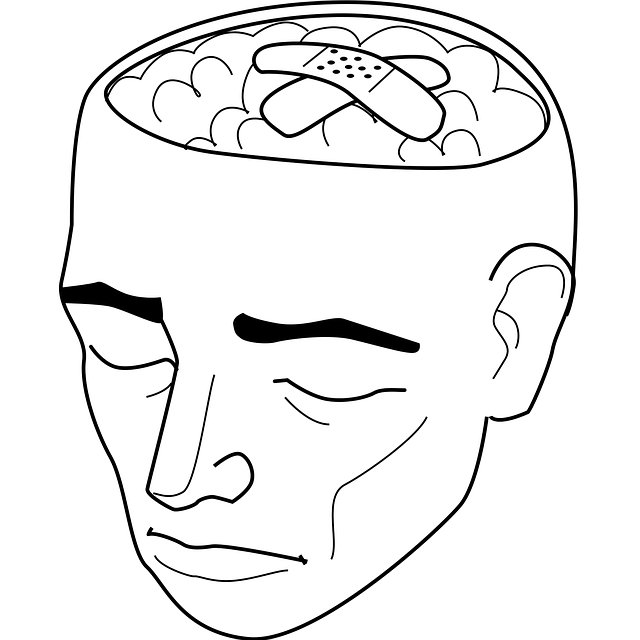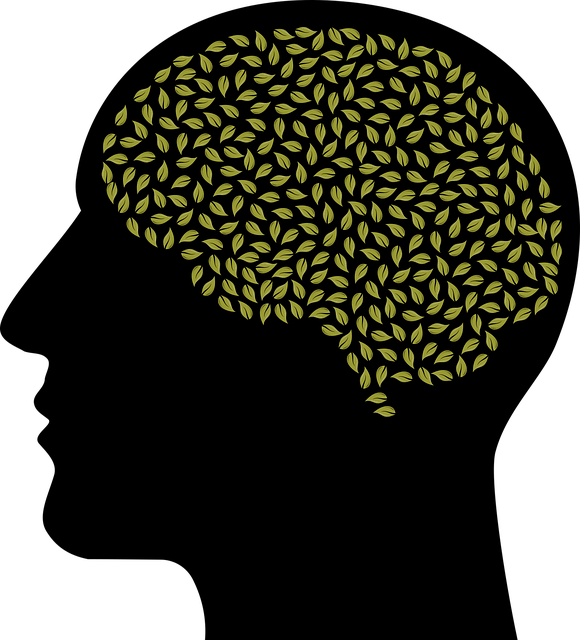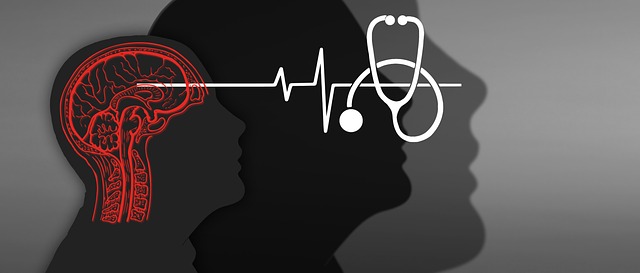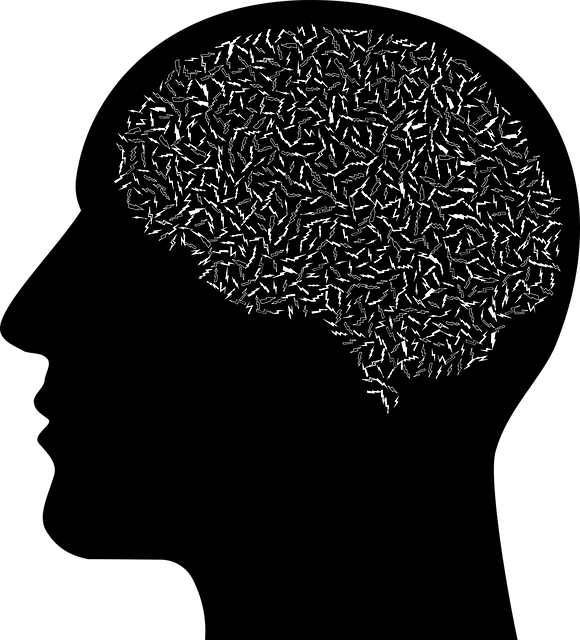Chronic stress, stemming from unresolved personal stressors, leads to mental health issues like anxiety and depression. Lakewood Dissociative Disorder Therapy (LDDT) offers a specialized approach integrating cognitive behavioral therapy (CBT), eye movement desensitization (EMDR), and mindfulness to treat dissociative disorders caused by trauma. CBT empowers individuals to change negative thought patterns, manage stress, and improve well-being. Mindfulness practices enhance self-regulation and emotional awareness, complementing LDDT. Adopting a healthier lifestyle through exercise, diet, sleep, and social connections further reduces stress, promoting resilience and mental health.
Stress reduction is essential for maintaining optimal mental health. In this article, we explore various effective methods to alleviate stress and promote well-being. From understanding the profound impact of stress on mental health to exploring innovative approaches like Lakewood Dissociative Disorder Therapy, we provide a comprehensive guide. Discover evidence-based techniques such as cognitive behavioral therapy, mindfulness practices, and lifestyle changes designed to help you manage stress effectively.
- Understanding Stress and its Impact on Mental Health
- Lakewood Dissociative Disorder Therapy: An Overview
- Cognitive Behavioral Techniques for Stress Management
- Mindfulness Practices to Calm the Mind
- Lifestyle Changes for a Stress-Free Life
Understanding Stress and its Impact on Mental Health

Stress is a natural response to challenging situations, but when it becomes chronic, it can significantly impact mental health. It’s crucial to understand that stress isn’t always negative; acute or short-term stress can enhance focus and performance, often referred to as ‘fight or flight’ response. However, prolonged exposure to stressful situations without effective management can lead to various mental health issues, including anxiety disorders, depression, and even dissociative disorders, as seen in Lakewood Dissociative Disorder Therapy. This is where identifying personal stressors and adopting healthy coping mechanisms becomes vital for overall well-being.
Effective stress reduction involves a combination of strategies such as communication techniques that foster open dialogues, stress management workshops organized by support groups or therapy centers, and cultivating positive thinking patterns. By learning to recognize triggers and implementing these tools, individuals can navigate stressful scenarios more adaptively, leading to improved mental resilience and overall health.
Lakewood Dissociative Disorder Therapy: An Overview

Lakewood Dissociative Disorder Therapy (LDDT) is a specialized approach designed to help individuals suffering from dissociative disorders. These conditions, often stemming from traumatic experiences, can cause a disconnect between a person’s conscious and unconscious mind, leading to symptoms like depersonalization, amnesia, and altered states of perception. LDDT focuses on integrating these fragmented parts of the self, facilitating healing and restoring a sense of control.
The therapy utilizes a combination of techniques including cognitive behavioral therapy, eye movement desensitization and reprocessing (EMDR), and mindfulness practices tailored to address dissociation. By promoting public awareness campaigns about dissociative disorders and emphasizing inner strength development, LDDT empowers individuals to effectively manage their symptoms. Furthermore, conflict resolution techniques are integrated into the process to help clients resolve internal conflicts that may contribute to or be a result of their dissociative experiences.
Cognitive Behavioral Techniques for Stress Management

Cognitive Behavioral Techniques (CBT) offer a powerful approach to stress management and are particularly beneficial for those dealing with conditions like Lakewood Dissociative Disorder Therapy. CBT focuses on identifying and changing negative thought patterns that contribute to heightened stress levels. By challenging and replacing these thoughts with more realistic, positive alternatives, individuals can gain a sense of control over their emotions and reactions. This process not only reduces the impact of stressful situations but also promotes mental wellness and emotional well-being promotion techniques.
Through structured therapy sessions, CBT teaches practical tools for managing stress effectively. It involves learning to recognize cognitive distortions, such as all-or-nothing thinking or catastrophizing, and replacing them with more balanced perspectives. This cognitive restructuring empowers individuals to approach challenging situations with a calmer mindset, thereby enhancing their ability to manage stress and improve overall well-being.
Mindfulness Practices to Calm the Mind

Mindfulness practices have emerged as powerful tools for calming the mind and reducing stress. Incorporating mindfulness into daily routines can significantly enhance emotional well-being promotion techniques. Techniques such as meditation, deep breathing exercises, and mindful walking can help individuals disconnect from stressful thoughts and cultivate a sense of present-moment awareness. This, in turn, reduces rumination and promotes mental health awareness, making it an effective strategy for those struggling with conditions like dissociative disorder therapy in Lakewood.
By focusing on the senses and engaging in intentional activities, mindfulness helps to quiet the mind’s constant chatter. Communication strategies derived from mindfulness practices encourage individuals to become more attuned to their feelings and thoughts without judgment. This heightened self-awareness can facilitate better emotional regulation and improve overall mental health, making it a valuable addition to any stress reduction method.
Lifestyle Changes for a Stress-Free Life

Adopting a healthier lifestyle is a powerful tool for stress reduction and can have a profound impact on one’s overall well-being. This includes making conscious choices about diet, exercise, and sleep habits. Incorporating regular physical activity into your routine, such as walks in nature or joining a yoga class, can help manage stress levels effectively. A balanced diet, rich in fruits, vegetables, and whole grains, supports not just physical health but also mental resilience. Adequate rest is equally vital; prioritizing quality sleep allows the mind and body to recharge, enhancing one’s ability to cope with daily stressors.
Additionally, integrating mindfulness practices into daily routines can significantly contribute to stress management. Techniques like meditation or deep breathing exercises, often taught in Lakewood Dissociative Disorder Therapy sessions, promote a sense of calm and control over one’s response to stressful situations. Engaging in hobbies, spending time in nature, and cultivating social connections are further lifestyle changes that foster resilience against stress. By implementing these strategies, individuals can create a more peaceful and balanced life, benefiting their mental health and overall quality of life, especially when supported by programs like Stress Management Workshops Organization or Mental Health Education Programs Design and Community Outreach Program Implementation initiatives.
In exploring stress reduction methods, from understanding its impact on mental health to adopting mindfulness practices and lifestyle changes, individuals can navigate and manage stress effectively. As mentioned, techniques like cognitive behavioral therapy and specialized approaches such as Lakewood Dissociative Disorder Therapy offer valuable tools for promoting well-being. By integrating these strategies into daily routines, folks can foster a sense of calm, enhance resilience, and ultimately lead happier, more balanced lives.


